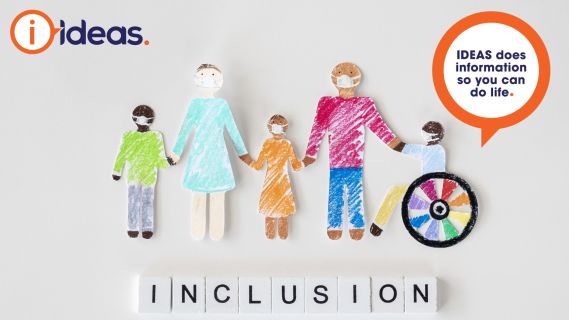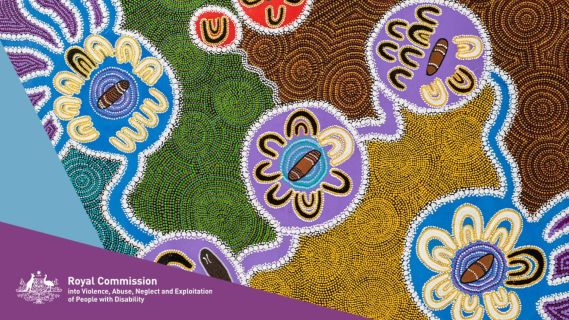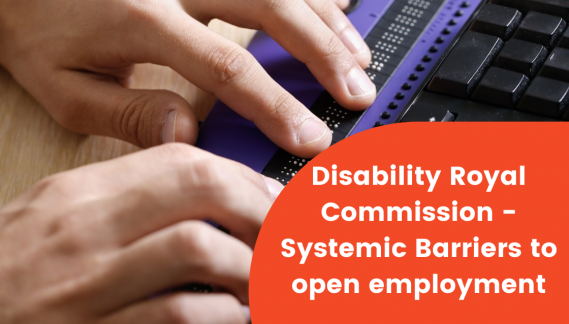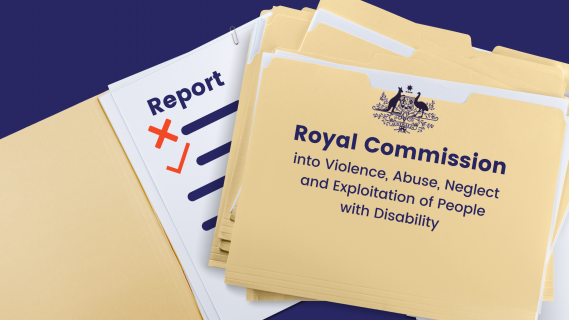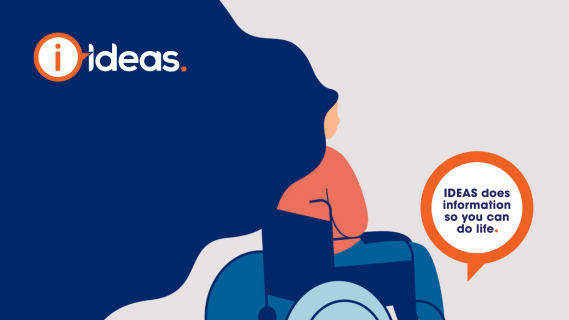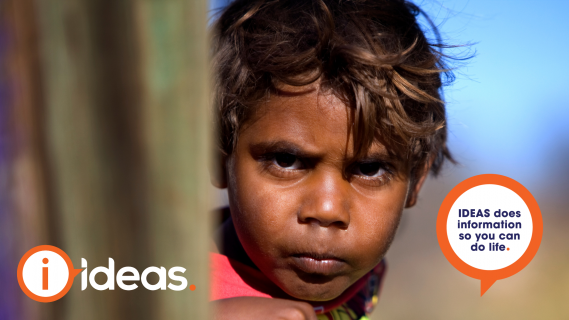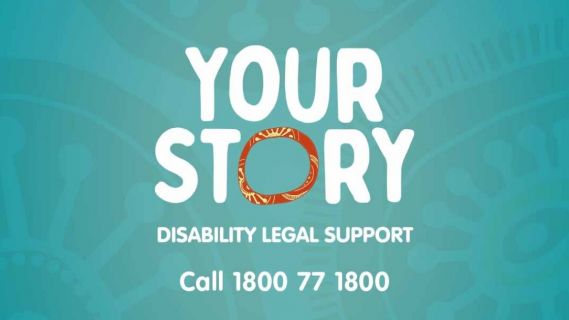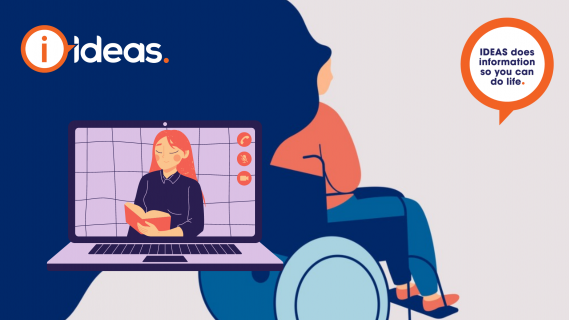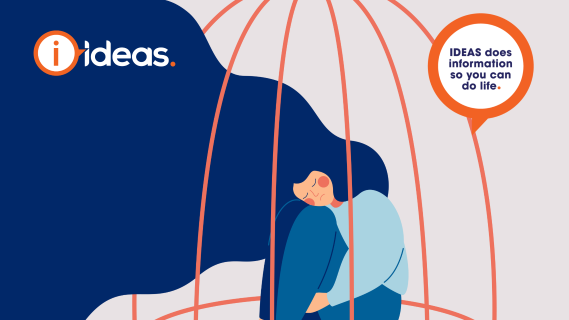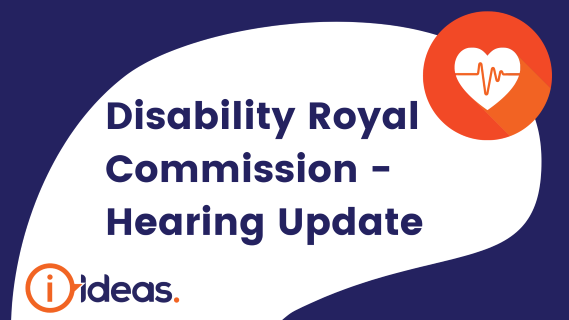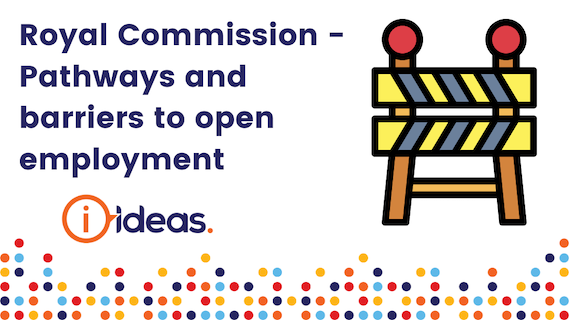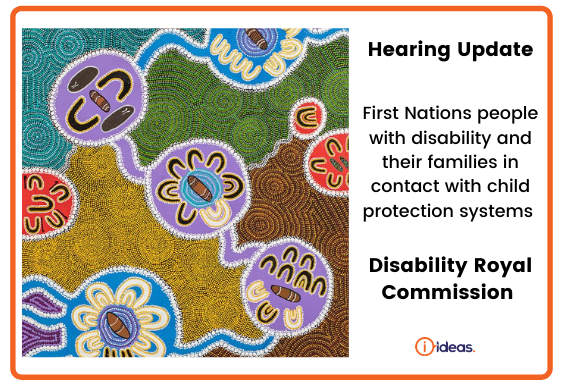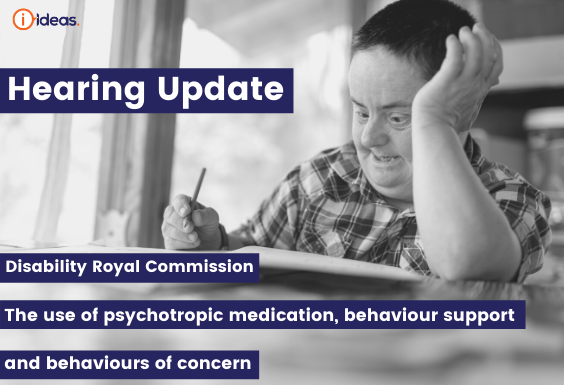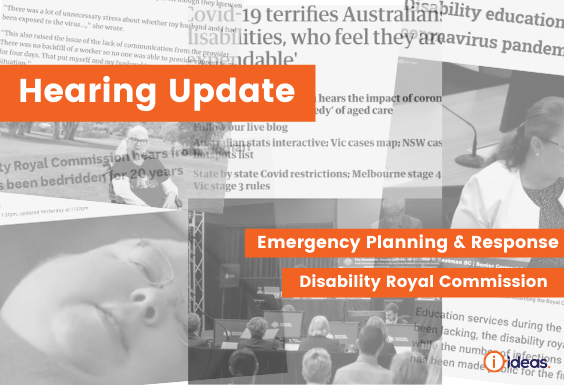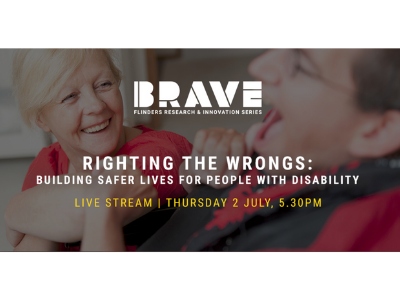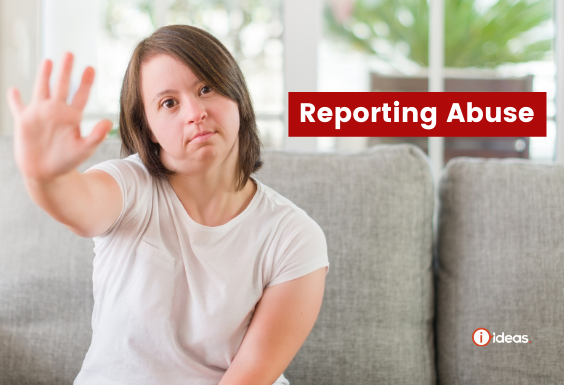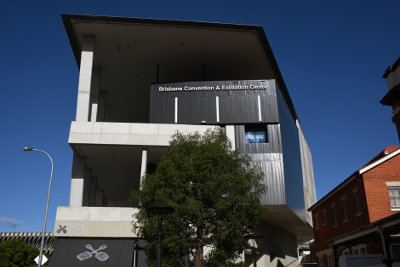The Disability Royal Commission is exploring barriers to education for students with disability in a public hearing.
This week, the Royal Commission into Violence, Abuse, Neglect and Exploitation of People with Disability (Disability Royal Commission) is exploring Barriers experienced by students with disability in accessing and obtaining a safe, quality and inclusive school education and consequent life course impacts in a public hearing in Brisbane.
Content Warning
Some of the stories and information below contain details about abuse, neglect and mistreatment of people with disability. There is support if you have any concerns because of this information.
How can I attend?
Due to COVID-19, the hearing is not open to the public. It was available to watch or listen online via the live stream. This hearing took place from Monday 12 October to Friday 16 October 2020.
What is it about?
The public hearing will explore the barriers experienced by students with disability in accessing and obtaining a safe, quality and inclusive school education and the resulting impacts on the life course of those students, and their families when these barriers prevent access to equal education.
The scope and purpose of the public hearing will therefore inquire into certain issues as they relate to the experiences of students with a disability, including:
- the impact on students with a disability of absences, suspensions, exclusions and expulsion from school
- the re-engagement of students with a disability when they have experienced absences, suspensions, exclusions or expulsion from school
- the provision of adjustments and supports, and the barriers to making reasonable adjustments and supports available, for students with disability
- individualised planning for students with disability
- the use of restrictive practices on students with disability;
- teacher training and qualification requirements for students with disability
- the resulting impacts on the life course and mental health of students with a disability who have experienced barriers in education, including the transition to higher education and employment.
Live stream
Closed captions and Auslan translations provided as well as an audio-only stream
Support
The Disability Royal Commission has set up support services for people with disability affected by or interacting with the Commission process. These supports include counselling, advocacy, financial and legal help. For more information and links read our resource on Royal Commission Support Services.
Disability Royal Commission
Read our full directory listing.
Web: disability.royalcommission.gov.au
Witness List
The witness list and the expected order of witnesses are published on the Royal Commission's website and are available here.
Yarraka Bayles, the mother of Quaden Bayles, will be providing evidence on Monday morning. We have covered Quaden's story in relation to bullying, inclusion and access to education earlier in the year.
Official Transcripts
Chair opening remarks, Ronald Sackville AO QC:
The pressing and central question for the Royal Commission, therefore, is how the right of children to inclusive education within mainstream schools can be realised. This is not a simple problem to address. It involves practical issues of great complexity and difficulty that will involve long term planning and the allocation of considerable resources.
Opening Address Senior Counsel Assisting, Dr Kerri Mellifont QC
When a student with a disability does not feel safe, does not feel included, supported and valued, then the potential of that young person may never be unlocked. That is not only a loss to that student but a loss to all of us.
Transcript Day 1 - Public hearing 7, Brisbane
Exhibits Public hearing 7 Day 1
Yarraka Juelbahngull Bayles (Mother of Quaden)
Yeah. I honestly feel like it took for a viral video for us to be able to get the support we need. There have been several times where I've made contact in 35 people at the school, I've called several times, I've written emails, you know, looking for a resolution or looking for some sort of support or acknowledgment that the bullying is being dealt with. But it wasn't until recently that we are actually noticing some improvements while the bullying isn't happening anymore.
Mary Sayers, CEO Children with a Disability Australia:
For the ten years of our operation, inclusive education has been disability are routinely excluded in their education with many being segregated from mainstream schools and from classrooms, not attending full time, refused enrolment and excluded from school activities. So suspensions, expulsions and restrictive practices are also common, which show a lack of understanding and support for students with disability.
Ms Amy (Parent of Sam, 5):
I was devastated. I just --- I just don't --- I couldn't understand why suspension was being used and there were supports that had been recommended that 5 weren't being used. And, yeah, I just kept looking at this little kid who had no idea what was going on and just trying to do his best with what he had, and we were trying to figure out what was going on for him.
But I guess the two largest things: one for Kobe, he has requested that there be more training to help not just teachers but ancillary staff and particularly leadership --- people in leadership roles, for them to understand autism and know how to support 20 individuals with autism, rather than judging them because of their behaviour.
Personally, I would like more checks and measures in place in terms of school-based decision-making within the Education Act and a Principal's power to be able to do that. I believe that a Principal should have accountability to make decisions, but within constraint of the Education Act.
Associate Professor Poed:
I will say that it has been clear from the testimony that has been heard this week that from the perspective of students and their families, the provisions of adjustments can be life-altering.
Transcript Day 4 - Public hearing 7, Brisbane
Jack - on teachers attitudes and how words can be damaging
Or a “dumb child”. That child might not be depressed, or he might be depressed but he might also just be exhausted for reasons. He might not just be making a face to be funny, he might be doing it because he can't help it. Even like with dyslexia, he might not be ---because of his dyslexia he's not stupid, he just doesn't know how to write because of his dyslexia.
Professor Linda Graham:
So there are, absolutely, these processes can work, but we need everybody singing on 10 the same page, singing from the same song sheet, the same sorts of high-quality practices happening everywhere. It should not be, as someone said earlier this week, a lottery.
Transcript Day 5 - Public hearing 7, Brisbane
Transcript Day 6 - Public hearing 7, Brisbane
Media
Student with autism had good, bad and 'horrendous' teachers, disability royal commission told
ABC News October 15
"It felt like we were being altered to fit in with society as children," she said. Ms Scharnke explained students were taught to internalise reactions to avoid having "meltdowns". "No matter anybody's age, disability should not have to be obscured," she said.
Australia 'failing kids with disability' – Royal Commission, The Educator October 14
Students with a disability are experiencing systemic failures and human rights breaches, the evidence presented at the Disability Royal Commission has found.
Boy with disabilities was suspended from NSW school seven times, News.com October 13
Amy said she was at first overwhelmed with the school’s willingness to accept Sam and provide the support he needed. But two weeks after he began kindergarten, aged five, he had an outburst and received his first suspension warning for aggressive behaviour.
“It was presented to us like ‘rein him in or he’s going to be suspended,” Amy said.
New NSW schools policy will make it harder for children like Sam to be suspended, Sydney Morning Herald October 13
A senior executive in the NSW Department of Education has told a royal commission that the state's behavioural policies for schools need to be reviewed and agreed they can disproportionately impact students with a disability.
Quaden's Law: Yarraka Bayles calls for legislation to protect students with disability from bullying, SBS News October 12
Queensland mother Yarraka Bayles described her son as a proud Murri boy and the strongest, smartest and funniest kid she’s ever known. But she told the Royal Commission that school has been a constant struggle for Quaden, who was born with Achondroplasia – a type of dwarfism, and that he's experienced extreme bullying for years.
Disability Royal Commission: Quaden Bayles still threatened after viral bullying video, Kid Spot October 12
Quaden Bayles and his family still receive death threats and horrible online abuse, months after his anti-bullying video went viral. The nine-year-old boy’s mum, Yarraka Bayles, revealed the heartbreaking aftermath at the Disability Royal Commission.
"Still to this day," she said. "People who think it's their business to make comment. Yes, lots of death threats. [Threats of] physical harm against my children, against my granddaughter."
Quaden Bayles's family getting death threats months after anti-bullying video, mother says The Guardian October 12
Mother of Indigenous boy with dwarfism tells royal commission education about children with disabilities needs to improve in a pre-recorded video, Quaden was asked by Mellifont what he’d like to see change at his school.
“Probably … one more support worker. A Murri one,” he said. “So when [the support worker] is away, I can have that one and he’s gonna be there.”
Disability Royal Commission: Anti-bullying advocate Quaden Bayles urges people to be kind, The Australian October 12
Quaden also gave a message via a video recording to the commission: “Just don’t be rude to kids that have disabilities. Be kind and be nice.”
Many Australians living with a disability had experienced a disrupted education long before the pandemic, with higher rates of bullying and disjointed classroom support.
More Information
- Disability Royal Commission Hearing on Emergency Planning
- Disability Royal Commission Hearing on the Use of Psychotropic Medication
- IDEAS Has A Say: Disability Royal Commission - Emergency Planning and Response







